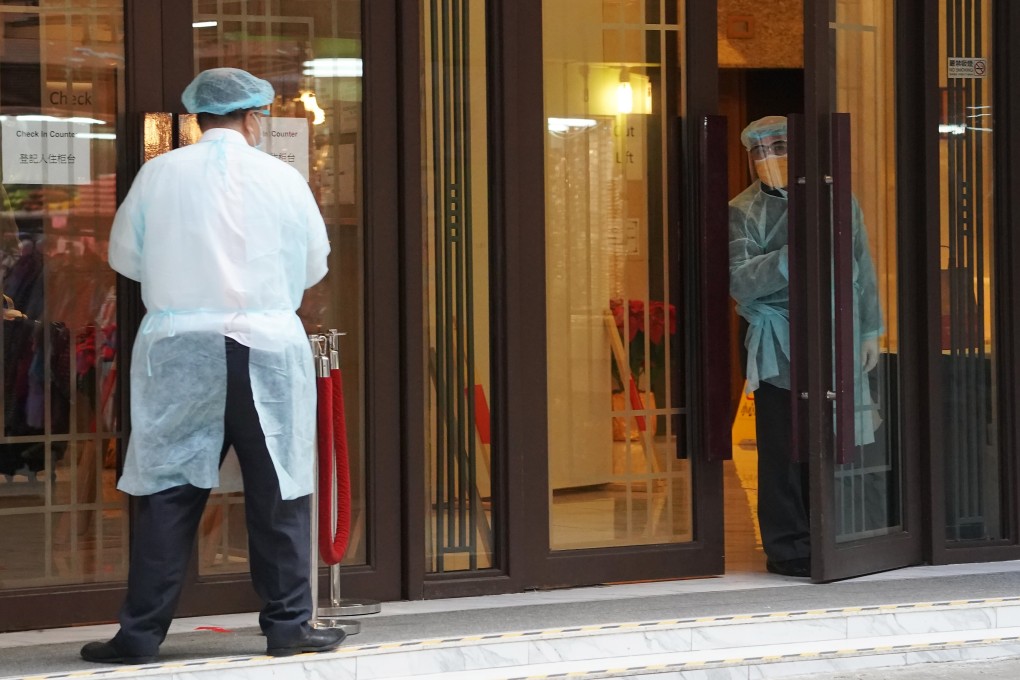Opinion | Hong Kong cannot ignore 21-day quarantine’s long-term mental health effects
- The lack of care and human contact on offer shows the government is ignoring the well-being of those forced to remain in hotels. The increase to 21 days makes it vital to help those in isolation and separated from loved ones

Governments around the world have been working hard to combat Covid-19. Social distancing, limiting flows of people between cities and countries and imposing compulsory home or hotel quarantine have been some of the major efforts besides securing vaccines.
Hong Kong started its first compulsory quarantine for people entering the city from the mainland on February 8, 2020. From March 19, people arriving from all overseas countries had to undergo 14-day compulsory quarantine at home or in other accommodation of their choice.
This was meant to enhance protection against imported cases. But people faced high costs and limited choices, forcing them to delay their travel plans or dig into their reserves to comply with the regulations.

01:59
Worldwide coronavirus death toll nears 2 million
